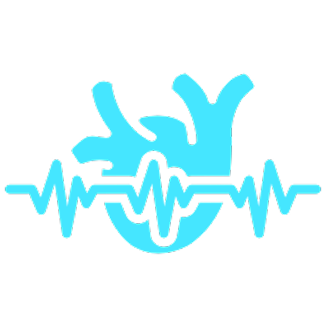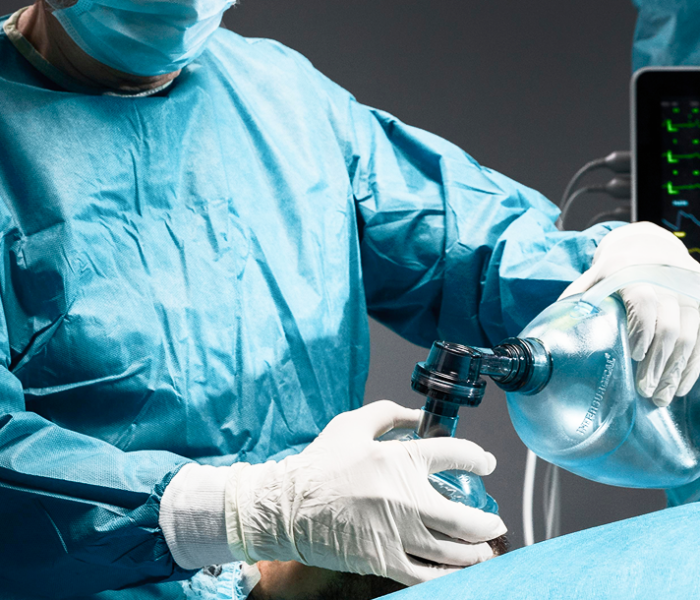Advancing Intelligent
Systems for Critical Care
Our lab integrates data from signals, images, and clinical notes to build adaptive adaptive AI systems. These models track rapidly changing patient conditions and deliver reliable, real-time insights that support ICU teams in making critical decisions with confidence.
Advancing Science Through
Shared Discovery
Together, we’re not just building technology. We’re building a movement — one that redefines what healthcare can be.
NeuroDraw™
Brain–Machine Interfaces for Cognitive &
Motor Integration
NeuroDraw™ is Medlenna’s platform for decoding neural activity into actionable outputs using non-invasive biosignals like EEG. It enables motor intent recognition, cognitive workload monitoring, and future applications in neurorehabilitation and assistive communication. For patients with paralysis or locked-in syndromes, NeuroDraw™ represents hope: the ability to interact with the world through thought alone.

CardioWave™
Predictive ECG Intelligence
CardioWave™ is an AI-driven ECG intelligence engine that detects early signs of arrhythmias, ischemia, and sudden cardiac arrest risk. With predictive accuracy and seamless integration into hospital workflows, CardioWave™ gives doctors time they didn’t have before: time to intervene before catastrophe strikes.

VentilAI™
Intelligent Ventilation for the ICU
Ventilators save lives, but they also pose risks when settings aren’t perfectly tuned to a patient’s fragile lungs. VentilAI™ is our adaptive AI system that monitors patient physiology in real time and adjusts ventilator parameters automatically. By reducing human error, preventing ventilator-induced lung injury, and easing ICU workloads, VentilAI™ helps clinicians focus on what matters most: the patient.
Medlenna Digital Twin™
Simulating the Patient of Tomorrow
(In Development)
Medicine is reactive by nature: Our Digital Twin project flips that model by simulating patient trajectories before deterioration occurs. By modeling sepsis, ARDS, and multi-organ failure in virtual space, clinicians gain foresight into potential outcomes — enabling proactive, data-driven care that can change the course of treatment.

